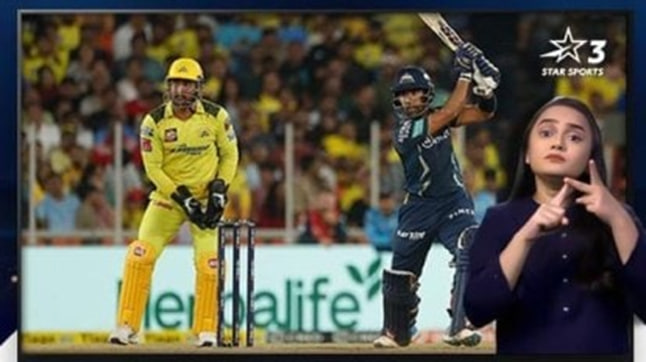IPL introducing sign language for commentary is a welcome move
Fandoms might speak of bitter rivalries , but one of the basic tenets of sports spectatorship is that it gathers everyone along in the heady adrenaline rush that matches inspire . The din in the stadium as Virat Kohli lobs the ball over the boundary line for a six, the collective sigh of despair as a slower delivery from the unheralded Lucknow Super Giants’ spinner Manimaran Siddharth lulls him into a misguided shot straight into the hands of Devdutt Padikkal — on Thursday, in a first in India, IPL’s fervour got communicated to spectators with auditory or visual disability through real-time sign-language and ball-by-ball descriptive commentaries.
It made for a strong statement in a country where disability rights are still at a nascent stage and conversations on inclusivity are guided, more often than not, by ableist parameters .
Over the last few years, sign language assistance services have been a part of accessibility protocols in several international sports. In clubs such as Camp Nou, home of the Barcelona Football Club, Arsenal’s home ground Emirates Stadium, or Wembley, home to England’s national football team, there are provisions of sign language interpreters to help visitors.
In India, where there are approximately 63 million people who suffer from significant auditory impairment according to WHO estimates, equal, uninhibited access to public places and community activities and services remains a challenge. India has seen significant movement on disability rights in recent years, with the question of accessibility gaining prominence across the board . The apex court , too, has initiated a consultation on sensitisation against the use of stereotypes vis-a-vis persons with disabilities.
While the introduction of sign-language commentary for IPL is significant, larger conversations on equality of opportunity and access await . It requires a reshaping of community attitudes and a recognition of the needs of all persons.
